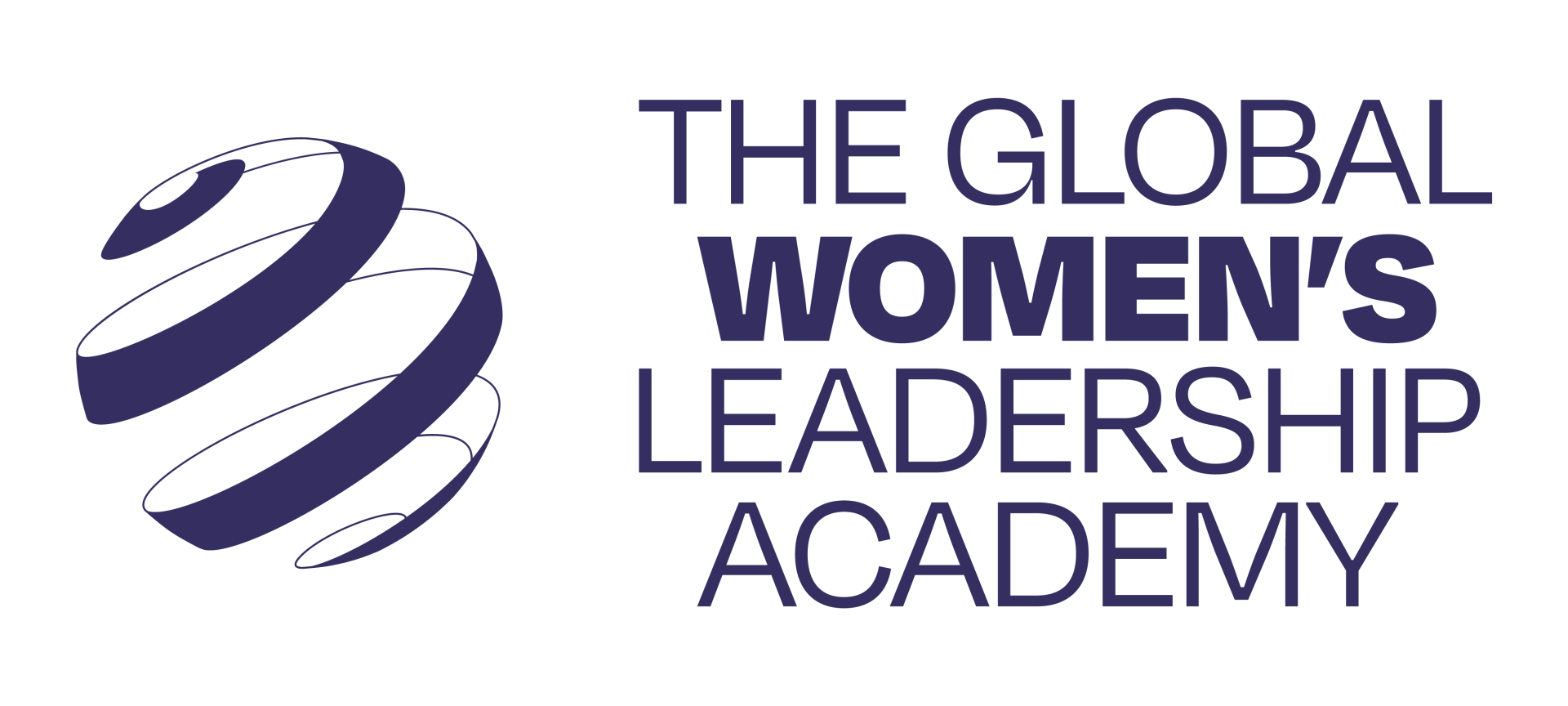Updated: Sep 30, 2018
Ideologies, like trees, often start off as puny seedlings, selfishly bent upon their own survival and growth. Yet, as they mature, they become majestic giants, harbouring and nurturing whole communities of plants and animals under their leafy arms.
As an ideology, the same can be said of feminism. Rooted in the fight for basic human rights for women, modern feminism has become more nuanced and all-encompassing than what it was in its seedling years, back in early nineteenth century Europe and North America. Today's feminists concern themselves with sexuality, gender violence, gender roles, education and employment, anything which supports, as the anthropologist Cheris Kramarae cheekily puts it, "the 'radical' notion that females are human beings".
However, multi-faceted, contemporary feminism is sadly still in its teenage years, childishly focussing only on its own agenda. Before feminism can become that selfless, nurturing tree, it has to realise that women are not society's only victims. There are other marginalised groups, races and nationalities that also desperately crave justice and equality – refugees, homosexuals, the poorest of the poor, to name but a few. Even men, the traditional dominant members in a patriarchal society, suffer discrimination if they do not abide to preconceived gender roles or societal expectations. Since when are only women on the receiving end of violence, discrimination, rape and abuse?
When faced with this heart-wrenching reality, the words of the American author, Sandra Cisneros, come to mind: "My feminism is humanism, with the weakest being those who I represent, and that includes many beings and life forms, including some men." Feminists are those with the purpose to change this world for the better for all the inhabitants. They do not discriminate based upon gender, race or wealth. They realise that they have the responsibility to make selfless choices so that their lives may affect all people on all levels of society, be it within a close family circle, within their communities or on a global scale.
Women in particular should rid themselves from the shackles of close-minded feminism that pose them as the victims. Over the course of history, feminism in itself has become the oppressor by forcing women into a new gender role that typifies the emancipated woman as strong, ambitious, opinionated and independent. Whilst there is absolutely nothing wrong with this, this is not the only facet of the human psyche that women should be allowed to embody in the new 'equal' society. If they choose to be gentle, caring, selfless and mild, they have all the right in the world. After all, the key question is not where in society a woman chooses to be, but what she is doing to bring change to the place she finds herself in. There are an infinite number of things that are wrong in this world and we all have a collective responsibility to make life choices that will right those wrongs. Inequality for women is but one symptom of a broken world, and as with any disease, it is best to treat all the symptoms that present themselves, as opposed to treating one symptom is isolation.
The TuksRes Women in Leadership Academy, founded in 2014, aims to empower young women at the University of Pretoria to take responsibility, not just for their own lives, but also for all the lives around them. The Academy wants to create the platform for young women to realise that true emancipation means making the world a better place despite being crippled by inequality. These ladies will be the future agents of change in their families, communities, countries and the world, wherever and however they choose to leave their mark. There is no single way to heal our ill society, but in the words of the Goodwill Ambassador for UN Women, Emma Watson: "If not me, who? If not now, when?" and may I add – if not where I am today, where else?
12 June 2016
- Anneke Lincoln Schoeman, TRWLA Facilitator
Ideologies, like trees, often start off as puny seedlings, selfishly bent upon their own survival and growth. Yet, as they mature, they become majestic giants, harbouring and nurturing whole communities of plants and animals under their leafy arms.
As an ideology, the same can be said of feminism. Rooted in the fight for basic human rights for women, modern feminism has become more nuanced and all-encompassing than what it was in its seedling years, back in early nineteenth century Europe and North America. Today's feminists concern themselves with sexuality, gender violence, gender roles, education and employment, anything which supports, as the anthropologist Cheris Kramarae cheekily puts it, "the 'radical' notion that females are human beings".
However, multi-faceted, contemporary feminism is sadly still in its teenage years, childishly focussing only on its own agenda. Before feminism can become that selfless, nurturing tree, it has to realise that women are not society's only victims. There are other marginalised groups, races and nationalities that also desperately crave justice and equality – refugees, homosexuals, the poorest of the poor, to name but a few. Even men, the traditional dominant members in a patriarchal society, suffer discrimination if they do not abide to preconceived gender roles or societal expectations. Since when are only women on the receiving end of violence, discrimination, rape and abuse?
When faced with this heart-wrenching reality, the words of the American author, Sandra Cisneros, come to mind: "My feminism is humanism, with the weakest being those who I represent, and that includes many beings and life forms, including some men." Feminists are those with the purpose to change this world for the better for all the inhabitants. They do not discriminate based upon gender, race or wealth. They realise that they have the responsibility to make selfless choices so that their lives may affect all people on all levels of society, be it within a close family circle, within their communities or on a global scale.
Women in particular should rid themselves from the shackles of close-minded feminism that pose them as the victims. Over the course of history, feminism in itself has become the oppressor by forcing women into a new gender role that typifies the emancipated woman as strong, ambitious, opinionated and independent. Whilst there is absolutely nothing wrong with this, this is not the only facet of the human psyche that women should be allowed to embody in the new 'equal' society. If they choose to be gentle, caring, selfless and mild, they have all the right in the world. After all, the key question is not where in society a woman chooses to be, but what she is doing to bring change to the place she finds herself in. There are an infinite number of things that are wrong in this world and we all have a collective responsibility to make life choices that will right those wrongs. Inequality for women is but one symptom of a broken world, and as with any disease, it is best to treat all the symptoms that present themselves, as opposed to treating one symptom is isolation.
The TuksRes Women in Leadership Academy, founded in 2014, aims to empower young women at the University of Pretoria to take responsibility, not just for their own lives, but also for all the lives around them. The Academy wants to create the platform for young women to realise that true emancipation means making the world a better place despite being crippled by inequality. These ladies will be the future agents of change in their families, communities, countries and the world, wherever and however they choose to leave their mark. There is no single way to heal our ill society, but in the words of the Goodwill Ambassador for UN Women, Emma Watson: "If not me, who? If not now, when?" and may I add – if not where I am today, where else?
12 June 2016
- Anneke Lincoln Schoeman, TRWLA Facilitator



